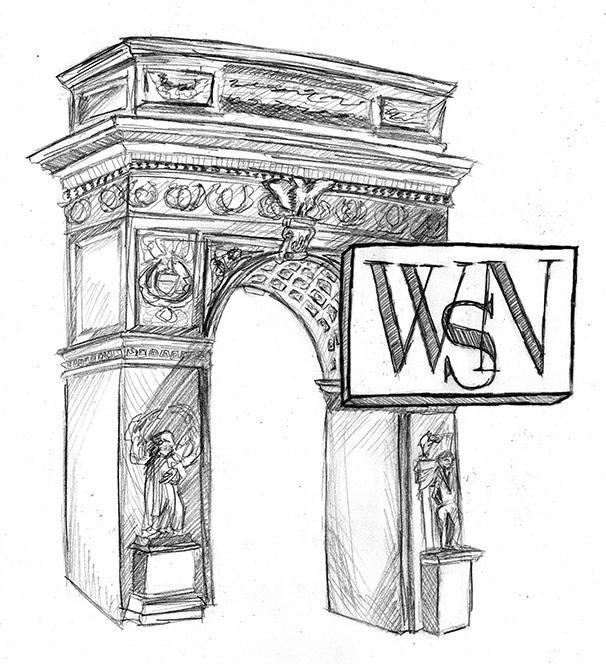This past Thursday, two of our reporters attended the Liberal Studies town hall that was held to address students’ concerns about Milo Yiannopoulos’ canceled visit to campus. One of them was told by Monroe France, the NYU associate vice president for Student Affairs and Diversity Initiatives, that he was not allowed to take pictures of the event, despite the town hall being promoted as a public event in a public space available to all LS students. Part of what happened can be attributed to a misunderstanding, which calls for clearer language on NYU’s part when describing the nature of its events.
But during a time when the freedom of press at large is being scrutinized, we are concerned by the fact that this instance isn’t an isolated one — WSN has previously been asked to not photograph events or to refrain from quoting certain administrators even when they’re speaking publicly. Any infringement on the freedom of press must be taken seriously, as it serves as a litmus test for transparency within our university.
It is important to note that the town hall was intended to cater specifically to the audience which was to be affected most by Yiannopoulos’ visit — LS students. NYU spokeswoman Shonna Keogan told WSN that this was “billed as a closed event” only for LS students. But if this were the case, then the event should not have been advertised as a town hall, which indicates a public forum rather than a private, closed conversation. Keogan agreed that the name was misleading, but that it was meant to serve as “essentially a dean summoning students to discuss a sensitive issue.”
Spokeswoman Keogan told WSN in an email that France felt the need to prohibit photography because several students present had indicated beforehand that they did not feel comfortable having their photos taken. The initial email that invited all LS and GLS students to the town hall did not state in any way that press or photography was prohibited at the event. After our reporters were told by France not to take photos, they observed only one student at the event admitting to not feeling comfortable having her picture taken.
Many resolutions could have been discussed in order to rectify this problem. Students who felt uncomfortable could have moved to the other side of the room and not been photographed. They could have also been warned of the possibility of photographs being taken during the event. Spokeswoman Koegan even admitted to WSN that she doubted whether any of the students would have actually outrightly opposed to being photographed should they not have been warned in advance. But rather than attempt to reach a solution during the event, any sort of discussion was shut down until after the fact.
The university’s inability to better communicate the nature of an event is a problem that has occurred more than once. In a town hall event held at Gallatin to discuss the Being@NYU survey results, one of our reporters was not given a clear answer as to whether or not she would be allowed access to coverage of the event. When she arrived at the event, she told the event moderator, Gallatin Associate Dean of Students Patrick McCreery, that she was there for press coverage, but she was told she should not quote anyone who does not want to be quoted, despite it being a public event.
Our role as a publication is to increase openness and understanding between our community leaders and the student body. But the administration’s vague and somewhat contrived directions in regard to media access could lead to the potential restriction of our ability, as journalists, to provide our student body with accurate, unbiased information.
There is some irony in the fact that the limitation of free speech occurred during the event — which was held in order to discuss the limits of free speech on campus. As student journalists, we have the right to report on campus events that affect the student body. LS is one of the bigger undergraduate programs at NYU — that they were discussing a topic so controversial and important on campus indicates its relevance to our publication.
We uphold our responsibility to inform the NYU community in a professional and transparent lens. But if the NYU administration itself continues this troubling pattern of limiting our ability to report on our institution, then our right as a publication to increase transparency for our student community is put at risk.
Additional reporting by Sam Klein.
Opinions expressed on the editorial pages are not necessarily those of WSN, and our publication of opinions is not an endorsement of them.
A version of this appeared in the Monday, Nov. 12 print edition. Email the WSN Editorial Board at [email protected].


























































































































































